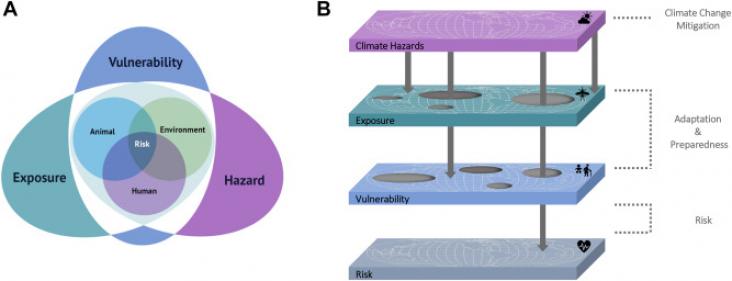This article tackles the issue of high energy consumption created by data centers. They find an immediate way to quickly mitigate some of the massive energy sink is by simply operating data centers at higher temperatures. As such, this article supports SDGs 9 (ensuring data centers that are key to current society are sustainable) and 13 (a rapid solution to immediately reduce fossil-fuel driven energy consumption).
This study supports SDG 13 by examining climatic features, M − K trend test, variability, precipitation concentration index and temperature variability on the role of smallholder farmers in eastern Ethiopia.
The purpose of the first Global Stocktake (GST), which will conclude in 2023, is to measure collective progress in climate action and enhance ambition for meeting the Paris Agreement.
In this research, the SDPs of hyperarid area of Kerman province was evaluated from the perspective of the effects of CCSs up to the horizon of 2050.
The effectiveness of individual climate action (SDG 13) is often dependent on external factors such as whether safe bike lanes and public transport are available. This One Earth Review Article synthesizes interventions needed to enable pro-climate behavior.
The study shows the results of the large-scale spatial survey for the gelada outside its perceived home range, in the northernmost part of Ethiopia.
This study provides an overview of the species N. Nandus, along with all currently available information on the species.
UN's Summit of the Future 2024: Paving the Path for SDG Resources
In China, renewable energy technological innovation (RETI) is the core pathway to addressing climate change and achieving carbon neutrality. Using the dataset from 30 provinces in China during 2007–2018, this paper provides a detailed analysis of the moderating role of Intellectual Property Rights protection in RETI's impact on carbon emissions. A deeper understanding of the impact of intellectual property rights (IPR) protection on the carbon reduction effect of RETI can provide policymakers with more specific information to support SDG 7 and 13.

Climate change is one of several drivers of recurrent outbreaks and geographical range expansion of infectious diseases in Europe.
